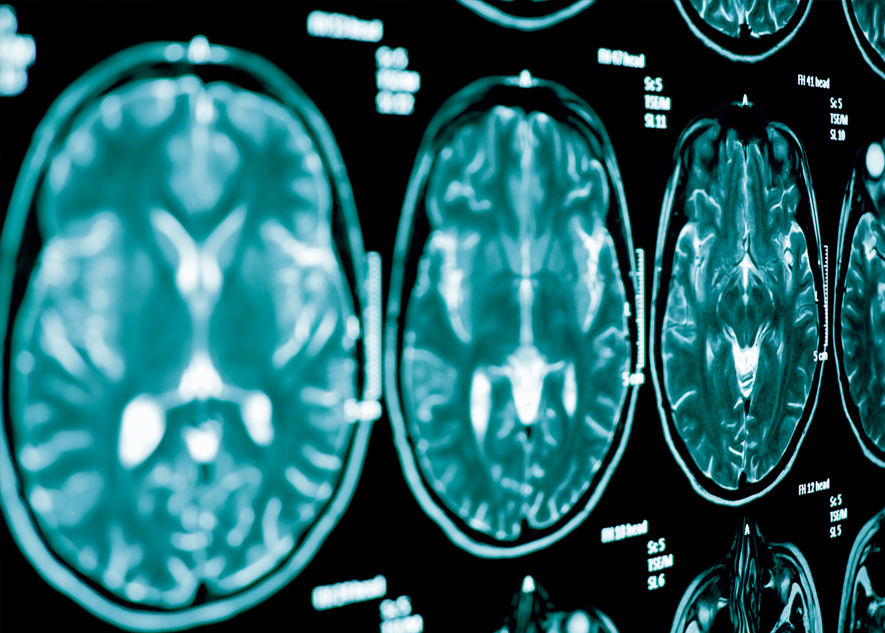Human longevity is associated with brain white matter hyperintensities
CHeBA Researchers have revealed new insights into the relationship between human longevity and brain white matter lesions.
CHeBA Researchers have revealed new insights into the relationship between human longevity and brain white matter lesions.

HEIDI DOUGLASS | h.douglass@unsw.edu.au
Researchers from UNSW Sydney’s Centre for Healthy Brain Ageing (CHeBA) have revealed new insights into the relationship between human longevity and brain white matter lesions - white matter hyperintensities.
The findings, published in The Journals of Gerontology Series A: Biomedical Sciences and Medical Sciences, explored the association between longevity and brain volumes of white matter lesions, a marker of cerebral small vessel disease, from a UK Biobank cohort aged 45-81 years. The researchers also replicated the findings in a combined sample from CHeBA’s Sydney Memory and Ageing Study and Older Australian Twins Study, aged 66-93 years.
Human longevity has increased greatly over the past century. Increased life expectancy has also been accompanied by an increase in age-related neurological disease burden, with stroke and dementia reported in the top seven primary causes of death (World Health Organization, 2018). Human longevity is moderately heritable and thereby influenced by both genetic and environmental factors.
Lead author, Chao Dong, explained that lower volumes of white matter hyperintensities were associated with longer parental lifespan as well as higher polygenic risk for longevity.
According to Ms Dong this robust association suggests that longevity-related genes may provide some protection against white matter disease.
“Long-lived people tend to have lower risk of developing ageing-related diseases, such as cerebral small vessel disease, and my study shows that this is also true for a related neuroimaging abnormality, white matter hyperintensities, which may play an important role in promoting longevity.”
Chao Dong
Leader of CHeBA’s Neuroimaging Group and co-author, Associate Professor Wei Wen, said that the exploration of the relationships between human lifespan, longevity-related genes and ageing-related brain measures may reveal new insights and help our understanding of their potential shared mechanism.
“Small vessel disease in the brain is emerging an important topic for research because of its role in abnormal brain ageing and its contribution to dementia. This study is another step in understanding its determinants, which is important if we are to be able to prevent it,” said Professor Perminder Sachdev, Co-Director of CHeBA and co-author on the paper.